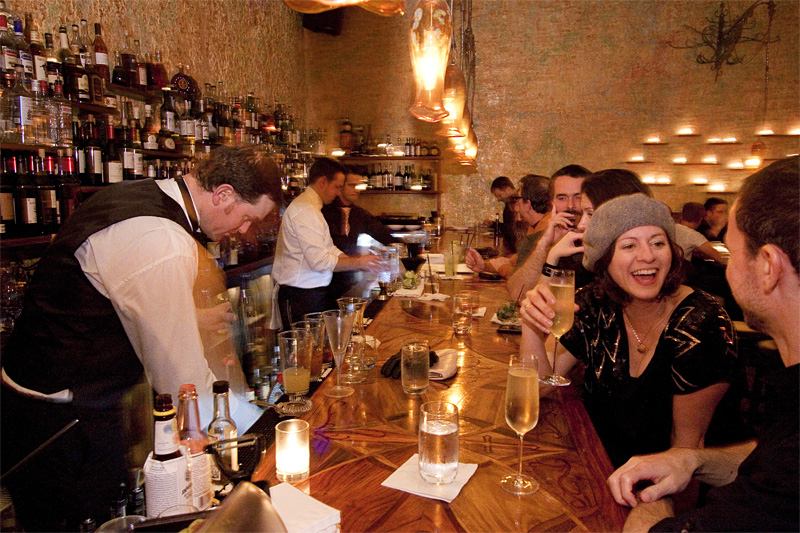Food historians take special delight in reporting the details of famous feasts. In her recent book, Charlemagne’s Tablecloth: A Piquant History of Feasting, Nichola Fletcher gleefully reprints the menu for a 15th-century feast for the Archbishop of York, which includes 104 oxen, 4,000 quails, 504 deer, and 37,000 more pieces of meat and fowl. The meal took a crew of 600 to prepare.
But for most European commoners at the time—heck, for the vast majority of our ancestors, who lived hand to mouth—the feast was an occasion for making sacrifices for the sake of excess. The winter feast in Europe, at least, was when you slaughtered the goose you’d been fattening up for months, diverting precious extra corn from your table to yield a plump, unctuous foie gras. Or the day when you and all your neighbors slaughtered a pig, then collectively salted and boiled and smoked its meat, distributing some to everyone who’d helped out. A Christmas pudding required you to painstakingly pick the seeds and dirt out of the dried grapes that you’d stored for months just so you could have a precious taste of sweetness in the dead of winter. Feasting wasn’t just about marking a special occasion, it was a rare experience of sufficiency: a full table, too much wine, the delicious, rare sensation of feeling stuffed.
For most of us today, comparatively, every day is a feast, and many of us approach the winter holidays with a grim mistrust of the pleasure we’re supposed to be making: How much weight am I going to gain this season? How many holiday parties am I supposed to juggle? Call me an uptight Seattleite, but celebrating abundance with more abundance sometimes seems as crass as roast lambs covered in gold and peacocks sewn back into their own feathers.
Rather than putting out the “groaning board,” perhaps we should reconsider the feast. If the feast is the opposite of privation, what is it we are lacking? A sense of connection to the food we eat? A feeling of belonging to our own community? Or the recognition of the sacrifice that gives meaning to excess? For this year’s holidays, perhaps feasting could mean driving an hour out of town to buy a turkey from the farmer who raised and slaughtered it. Maybe it means giving your neighbors bottles of the cordial you made this summer from the plum tree in your backyard. Perhaps it simply means eating and drinking consciously—not thinking about calories but about the astounding systems we Americans have created to supply feasts for our millions of tables. In the age of assured abundance, perhaps gratitude for this accomplishment is what we lack the most.





